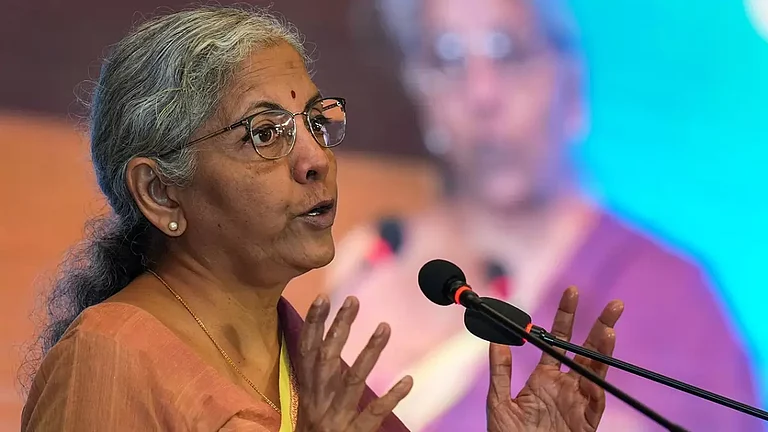Global brokerage firm Citigroup has downgraded its rating on Indian equities to a ‘neutral’ from the earlier ‘overweight’ call on July 17. The biggest driver behind the downgrade, as pointed by Citi has been the lofty valuations of Indian equities. On the flip side, China and South Korea equities were upgraded to an ‘overweight’ call, buoyed by their improved earnings outlook and reasonable valuations.
According to Citi, even though India's macro story looks better than peers, and a trade deal with the US remains a possibility, the market’s earnings-per-stock growth outlook no longer exudes the same charm, more so in the backdrop of the hot valuations.
On the other hand, rivals like South Korea and China, despite their higher tariff exposures, look much more favourable thanks to their better EPS revision trends and still-reasonable valuations in comparison. China's tech sector has seen renewed investor interest, rallying over 20% so far this year.
The U-turn taken by Citi on its stance on Indian equities comes after the firm had upgraded the local market to an ‘overweight’ call back in February. At the time, Citi saw the room for a meaningful upside for Indian equities as a result of the less demanding valuations.
The brokerage expected the benchmark Nifty 50 to hit the 26,000 mark by the end of 2025. “The market also screens like a relative outperformer, should tariff risks return,” Citi had said.
The bullish in Citi’s tone back then was driven by three major factors, including the government’s tax breaks in the latest Budget and its consequent positive impact on spurring consumption, hopes of a recovery in public capex and easing monetary policy.
Back in February, Citi believed the tax cuts announced under the Union Budget would boost consumer sentiment and demand. Recent data of the time had also hinted toward a strong pickup in government capital expenditure, especially after the lull seen in the first half of FY25 due to the general and elections, which was expected to provide another impetus to growth momentum.
Lastly, the Reserve Bank of India (RBI) had just initiated its rate-cut cycle with a 25 basis points reduction as of February, factoring which, Citi’s economists had anticipated further policy easing in the months ahead.






























